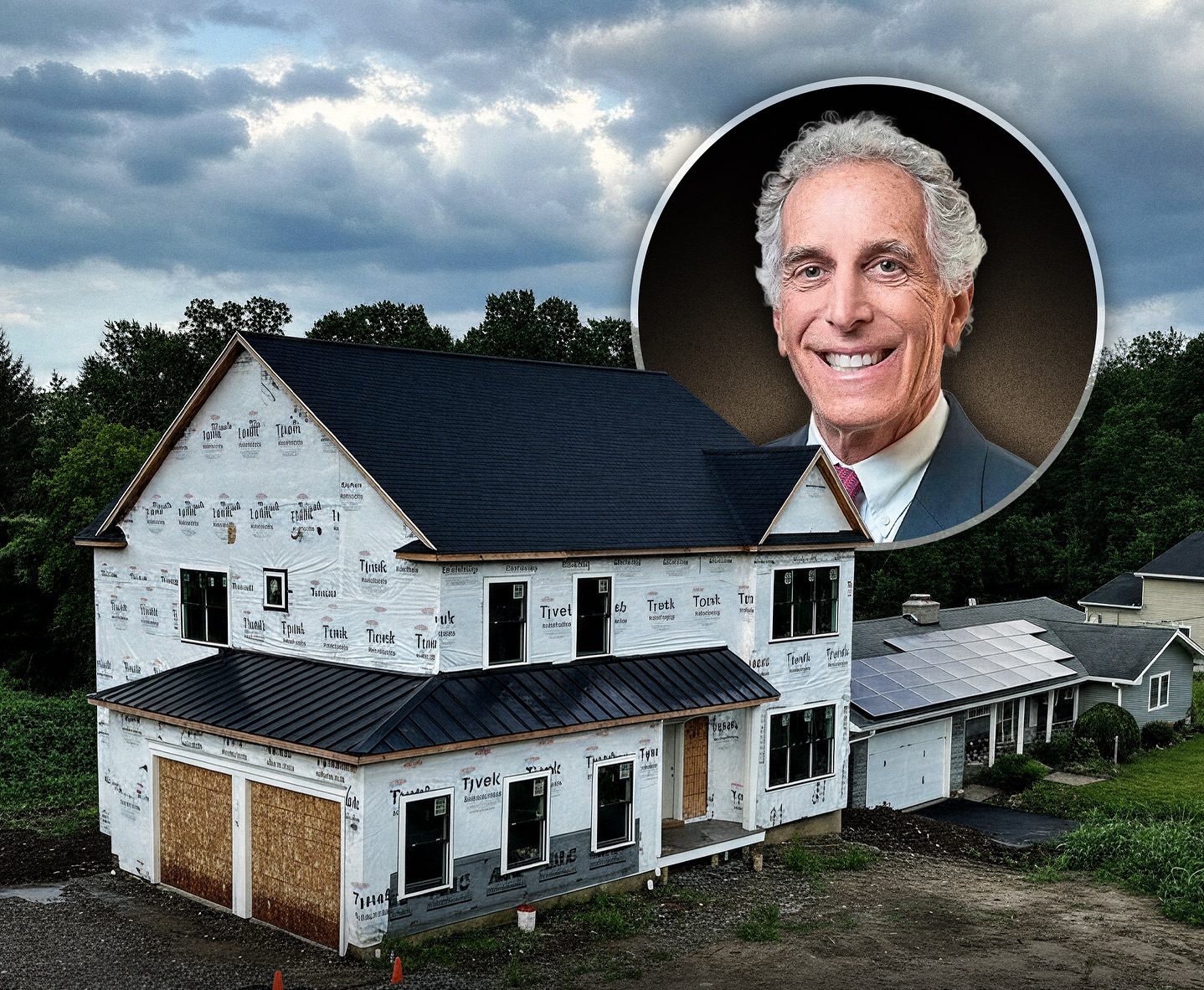A Long Island doctor bought a quiet lot in 1991 and forgot about it — decades later, he discovered a scammer had sold it, and a luxury $1.5 million home now stood there
Man returns to land he bought in 1991 and finds a $1.5 M house built on it
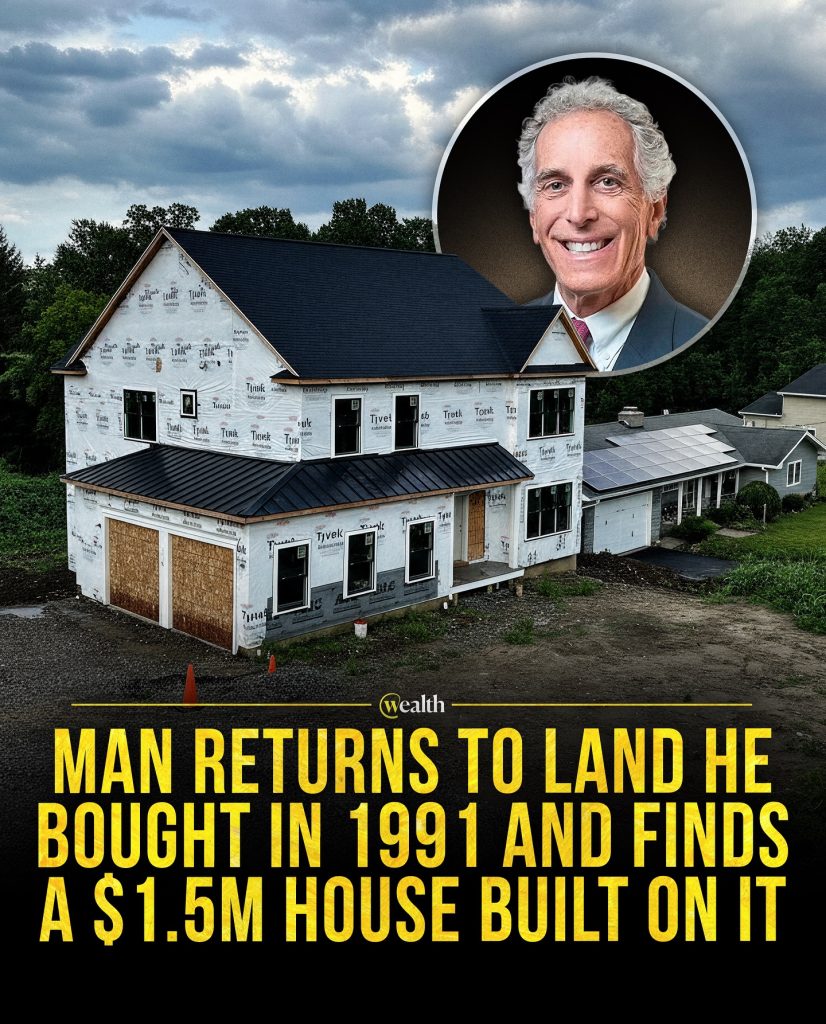
When Dr. Richard Zan purchased a small plot of land in Fairfield, Connecticut in 1991, it was supposed to be a quiet, simple investment — a future safety net. He paid his taxes faithfully, filed away the deed, and went back to his busy medical life on Long Island. The lot sat untouched for more than thirty years, just grass, trees, and silence.
Then, in 2023, that calm investment turned into a surreal shock. When he finally decided to check on the land, expecting nothing but weeds, he found construction trucks, workers, and a nearly finished luxury house standing tall where his empty lot used to be. He double-checked the address again and again — but there was no mistake. Someone had built a million-dollar home on his property without him ever knowing.
A scammer impersonated him and sold the lot to a developer for $350,000
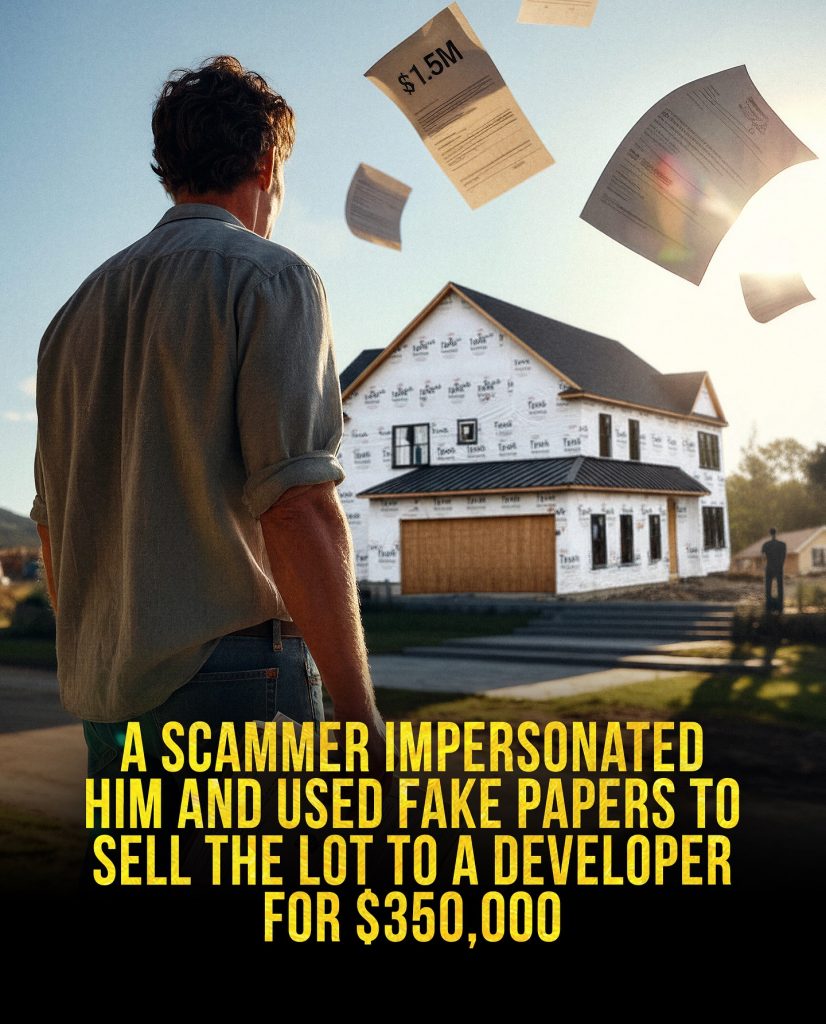
The truth was even stranger. Investigators discovered that a scammer had impersonated Dr. Zan using forged identification and fake documents, successfully “selling” the land to a local developer for $350,000. The criminal vanished soon after the deal closed.
The developer, believing everything was legitimate, began building a high-end home. The paperwork looked perfect, the signatures matched, and the transaction went through all the proper channels. It wasn’t until the real owner showed up that anyone realized what had happened.
For Dr. Zan, it felt like his trust in the system had shattered overnight. “You don’t think land can just disappear,” he said later. “But all it takes is a forged signature.” Both he and the developer were victims — one robbed of his property, the other tricked into spending hundreds of thousands of dollars on land he didn’t actually own.
He sued to reclaim the land, and the developer settled by buying it
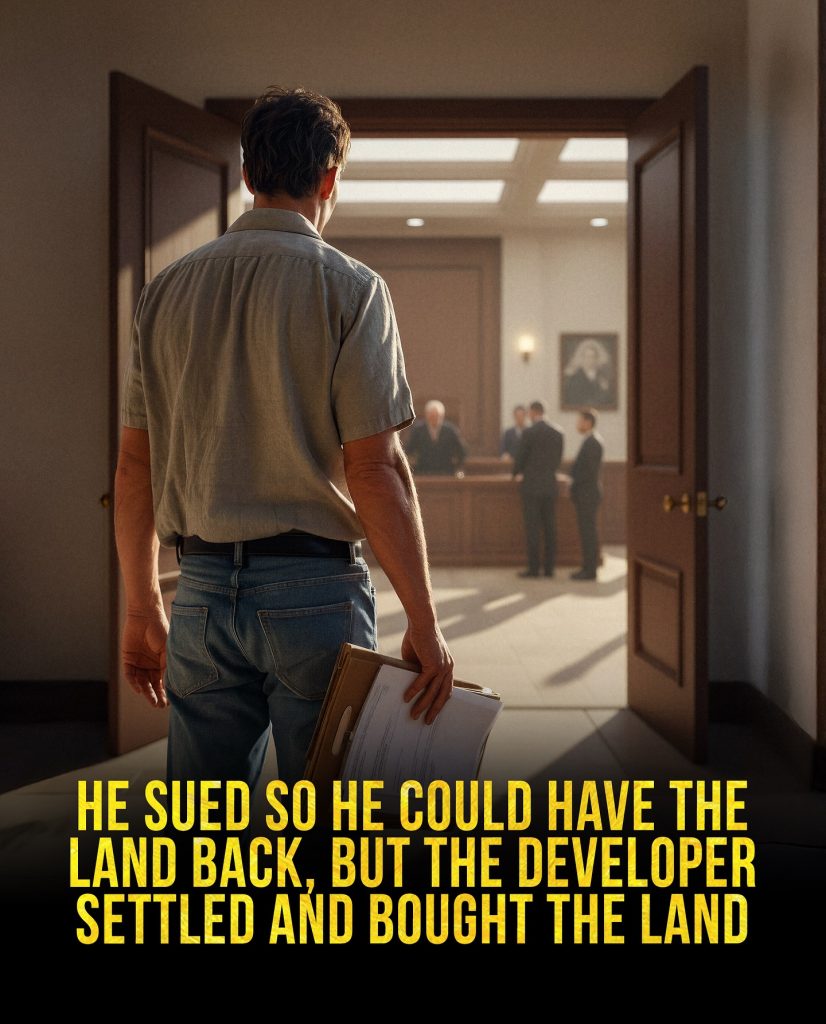
Dr. Zan filed a lawsuit as soon as the fraud came to light. He wanted his land back, and legally, it was still his. But there was a complication: by then, the developer had already built most of the house. Tearing it down or freezing the project would have caused financial ruin for everyone involved.
After months of legal back-and-forth, both sides finally reached a settlement in 2024. The developer agreed to purchase the land properly from Dr. Zan, this time through a verified sale. The courts approved the new deal, the fake transaction was erased from the record, and ownership was officially restored before the property could be finished.
It wasn’t the outcome Dr. Zan had imagined, but it was fair. He received rightful payment, the developer salvaged his project, and both men walked away wiser. The scammer, however, was never found.
The finished home sold for $1.45 million — a modern cautionary tale
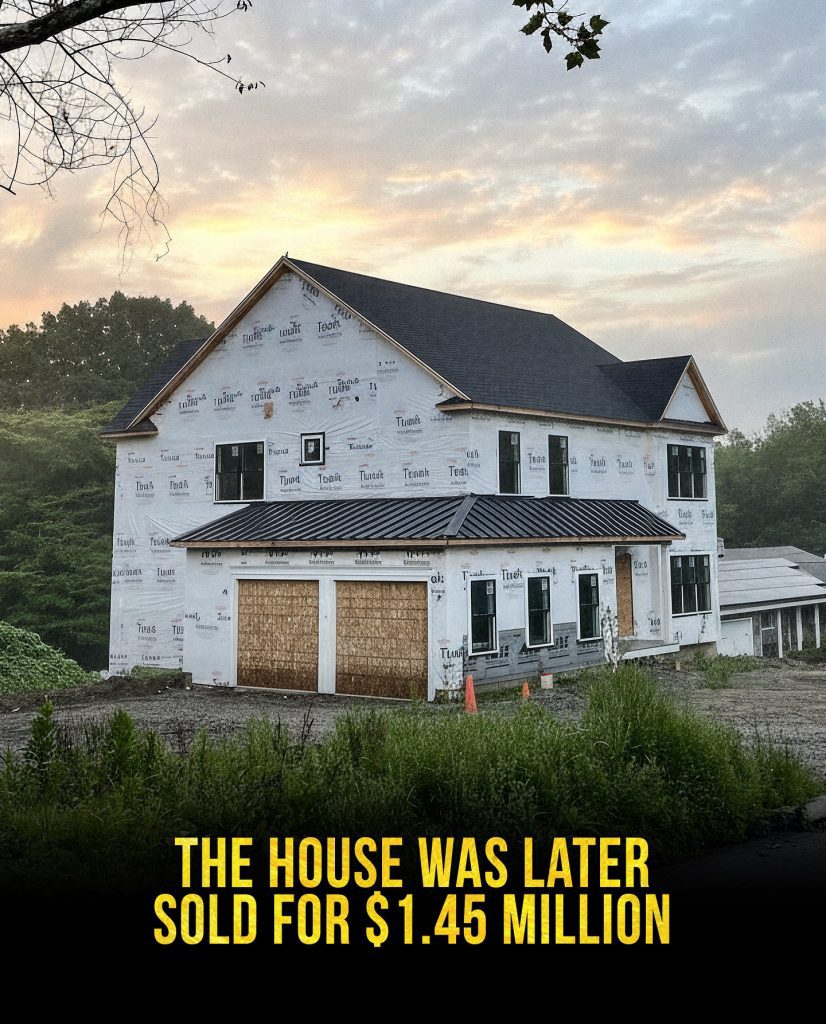
By mid-2024, construction wrapped up. The modern two-story home, complete with sleek interiors and a landscaped yard, went on the market and sold for about $1.45 million. What began as a criminal act had turned into a legitimate sale — but not without months of stress and confusion.
For Dr. Zan, the experience left lasting scars. “It’s not about the money,” he said. “It’s about realizing how easily your identity and property can be stolen.”
Experts later called it one of the most bizarre examples of title fraud in Connecticut history — a growing problem across the U.S. as scammers exploit digital real-estate systems. They target empty lots, forge deeds, and sell them to unsuspecting buyers before vanishing. Many counties now encourage property owners to enroll in free title-alert programs that notify them whenever their deed or ownership status changes.
Today, the $1.5 million house stands quietly in Fairfield, indistinguishable from any other beautiful home in the neighborhood. But beneath its foundation lies a story of deception, resilience, and the reminder that even something as solid as land can vanish on paper in an instant.
Short Summary
A Long Island doctor discovered a $1.5 million house built on land he never sold. A scammer had forged his identity and sold the lot illegally. After a tense court battle, the developer legally purchased it from him, and the home later sold for $1.45 million — exposing how one fake deed can snowball into real chaos.

